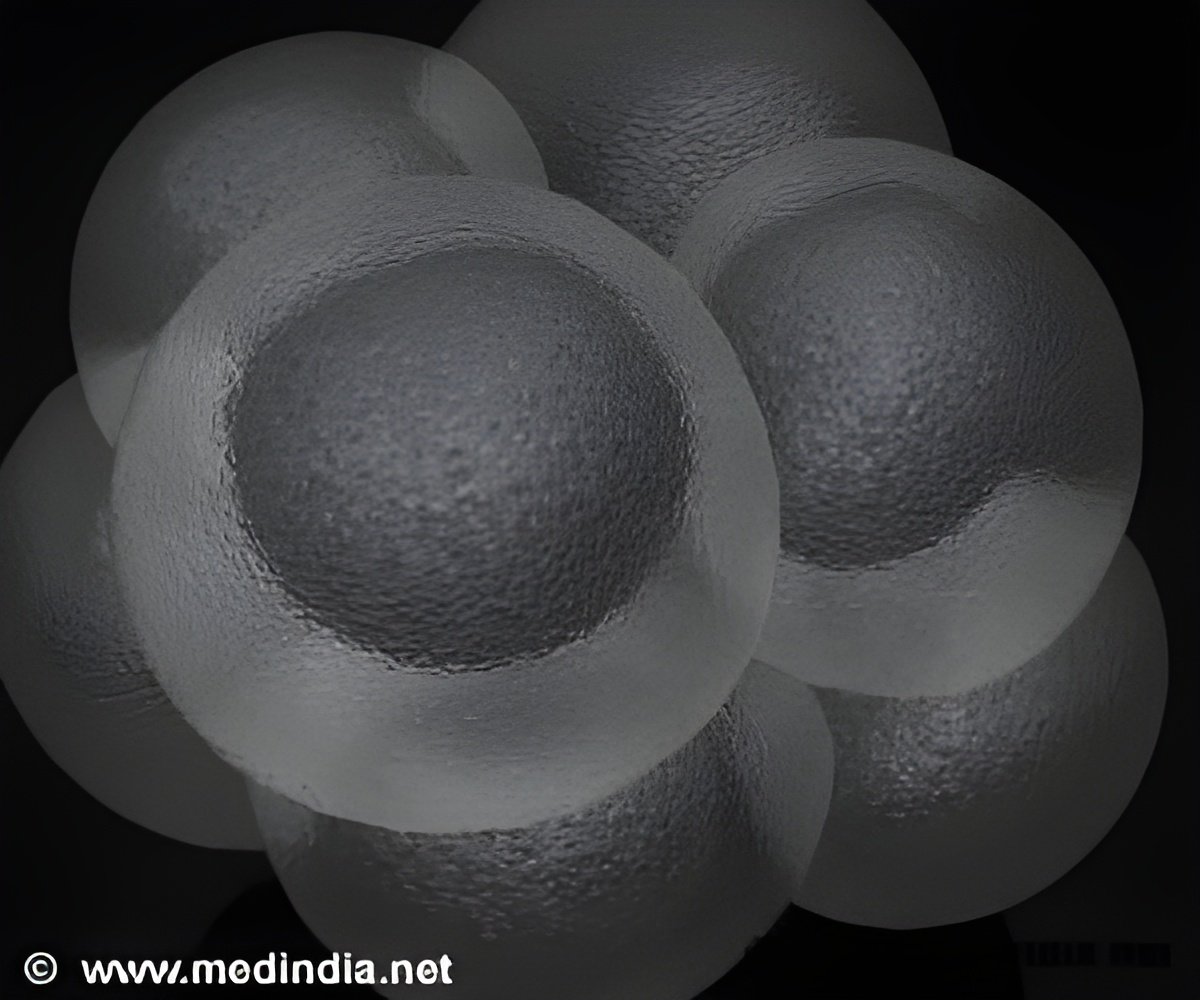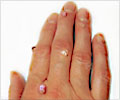A form of cancer that affects the cells lining the middle part of the throat, including the soft palate, the base of the tongue, the tonsils, Oropharyngeal squamous cell carcinoma.
A form of cancer that affects the cells lining the middle part of the throat, including the soft palate, the base of the tongue, the tonsils, and the pharynx is Oropharyngeal squamous cell carcinoma (OPSCC).
High-risk types of human papilloma virus (HPV) are increasingly detected in patients with OPSCC; however, HPV-positive OPSCC is highly curable and patients with HPV have better survival compared to HPV-negative patients, whose cancers are usually associate with alcohol and tobacco use. To understand the molecular mechanisms underlying these differences, Jochen Hess and colleagues at University Hospital Heidelberg in Heidelberg, Germany monitored changes in DNA modifications in HPV-positive and HPV-negative OPSCCs.
In this issue of the
Journal of Clinical Investigation, they identified a specific pattern of DNA modification that is dependent on the presence of HPV. This DNA modification pattern was significantly correlated with improved survival in three separate groups of OPSCC patients. This study identifies a specific cellular alteration that can predict clinical outcomes for patients with OPSCC.
Source-Eurekalert
















